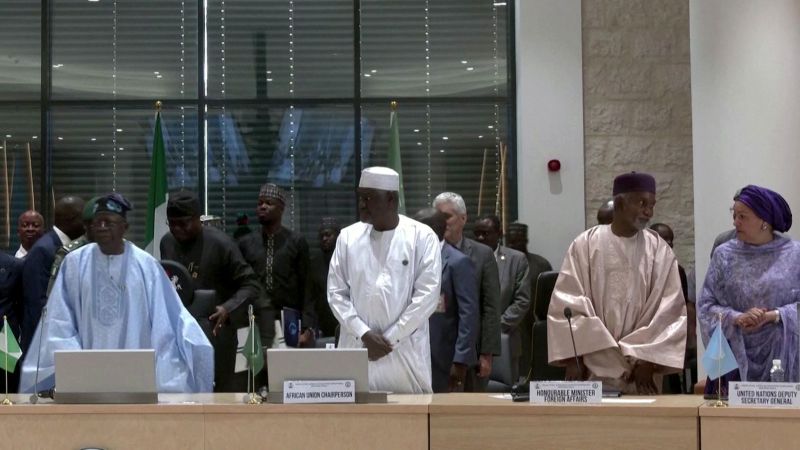
African Powerhouses Unite to Crush Terrorism: A New Dawn for the Continent!
Over the recent years, Africa has been under the spotlight as a continent grappling with growing instances of terrorism. From the Al-Shabaab in the east to Boko Haram in the west, terrorist groups have wreaked havoc, impacting innocent lives, the African economy, and the region’s reputation globally. However, African leaders are not just bystanders in this fight. They are traversing geographical, political, and economic barriers to wage a united front against terrorism, and such joint efforts hold promising potential.
Beginning in the realm of security, numerous African nations have been amplifying their efforts to enhance national and regional security apparatus. In places such as the Sahel region, which includes countries like Mali, Niger, and Chad, leaders have joined forces in the creation of the G5 Sahel Joint Force, an institution employing military and intelligence resources to combat regional terrorism threats, particularly from groups such as Al Qaeda and the Islamic State. Similarly, the Multinational Joint Task Force (MNJTF), a combined multinational formation comprising units from Niger, Chad, and Cameroon, is emphasizing the expulsion of Boko Haram from occupied areas.
The African Union Mission in Somalia (AMISOM) also exemplifies joint action in the face of terrorism. In this instance, troops from Kenya, Ethiopia, and other contributing nations have significantly disturbed the operational capacity of Al-Shabaab, a group formerly controlling large parts of Somalia.
Beyond military and intelligence approaches, African leaders are increasingly recognizing the role of socio-economic strategies to combat terrorism. Ensuring access to quality education and providing viable job opportunities has the potential to lower the rate of radicalization and recruitment that groups such as Boko Haram have exploited. For example, Nigeria’s President, Muhammadu Buhari, is placing particular emphasis on these preventive measures in his country’s fight against Boko Haram.
Regional organizations like the Southern African Development Community (SADC) and the Economic Community of West African States (ECOWAS) also play a crucial role in instigating collective economic development efforts to impact these socio-economic contributors.
African governments are similarly recognizing that counter-terrorism efforts need to respect human rights and international humanitarian law, to prevent driving disgruntled communities into the arms of extremist groups. African Union’s adoption of the Algiers Memorandum on Good Practices on Preventing and Combating Terrorism and Violent Extremism is instrumental in ensuring such instances do not occur.
On a legal front, efforts like the establishment of the African Court of Justice and Human Rights indicate the willingness to prosecute those involved in acts of terrorism within an African judicial context.
The fight against terrorism is a global one, and the African leaders’ efforts at the regional level gain significance in this context. While the challenge is undoubtedly severe, the initiatives emerging from within the African continent inspire hope. By acknowledging the problem’s complexity and adopting a multifaceted approach to counter-terrorism, African leaders are embodying a resilience that is crucial to their success. Their joint efforts exemplify the unity and resolve with which they are tackling this continental menace.
